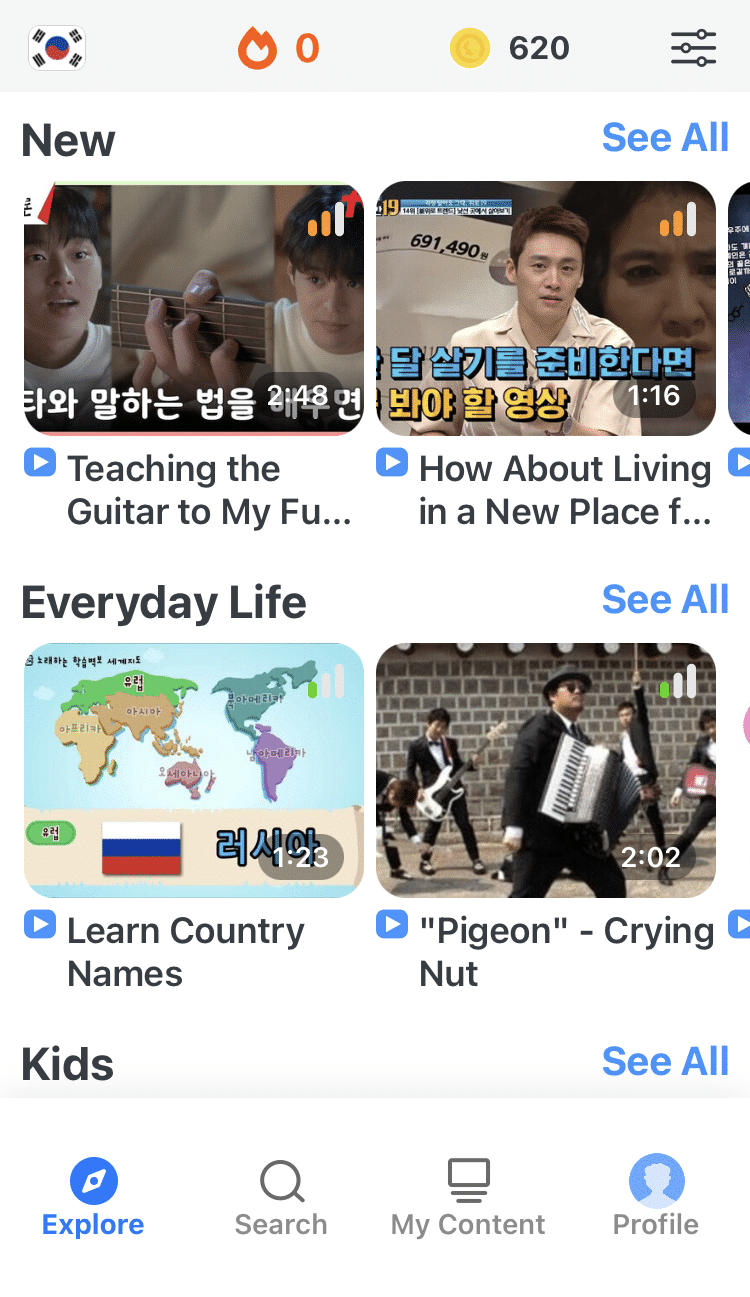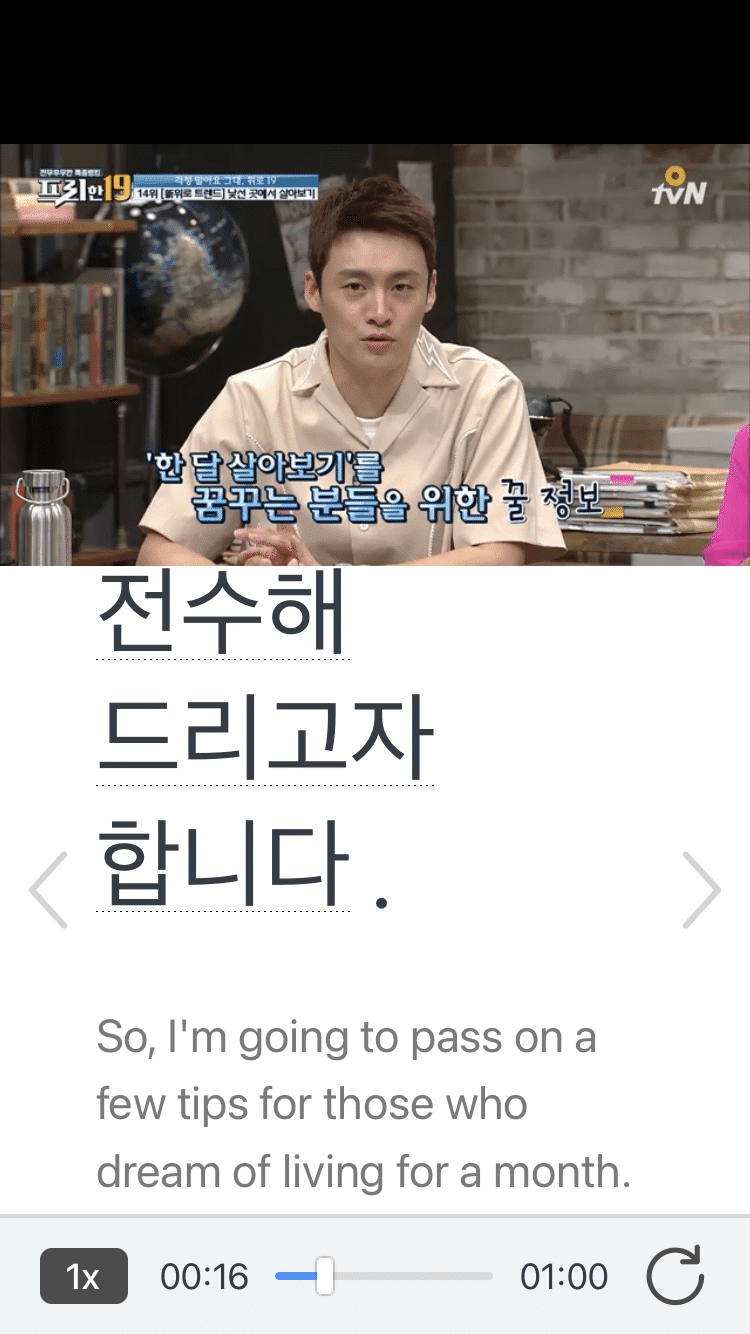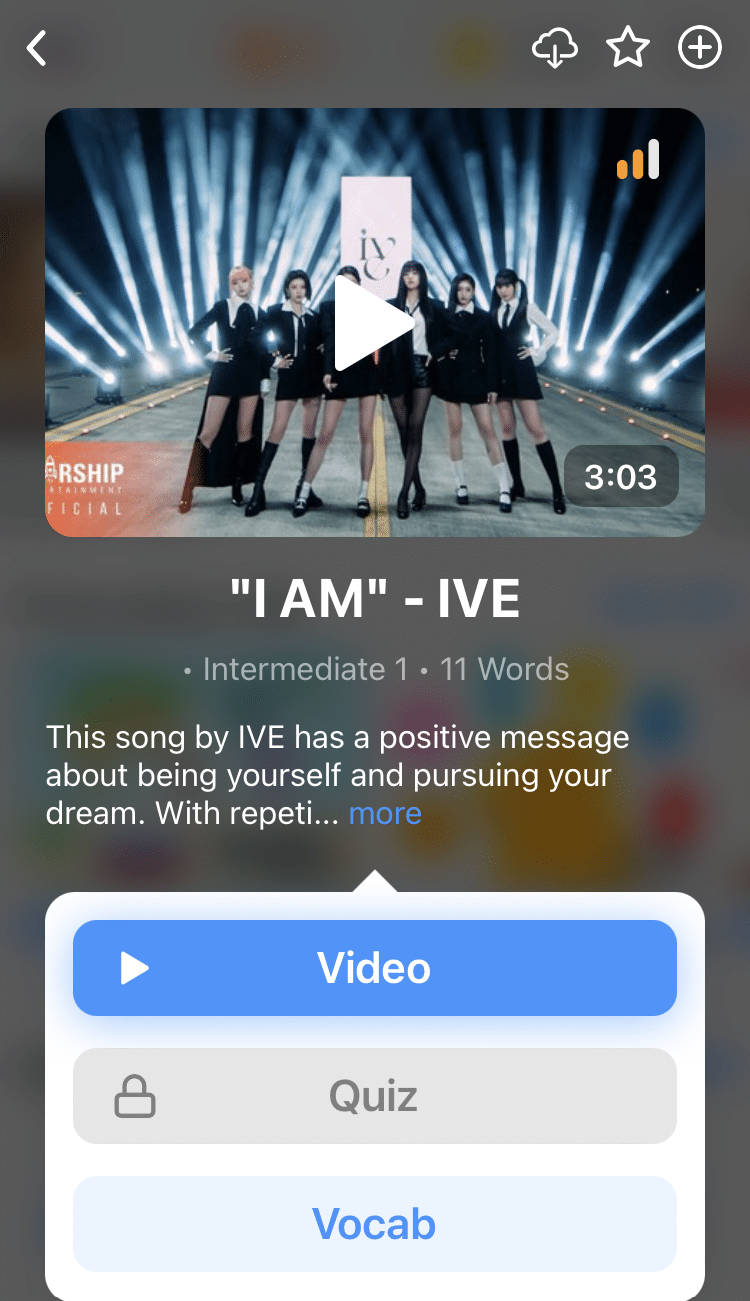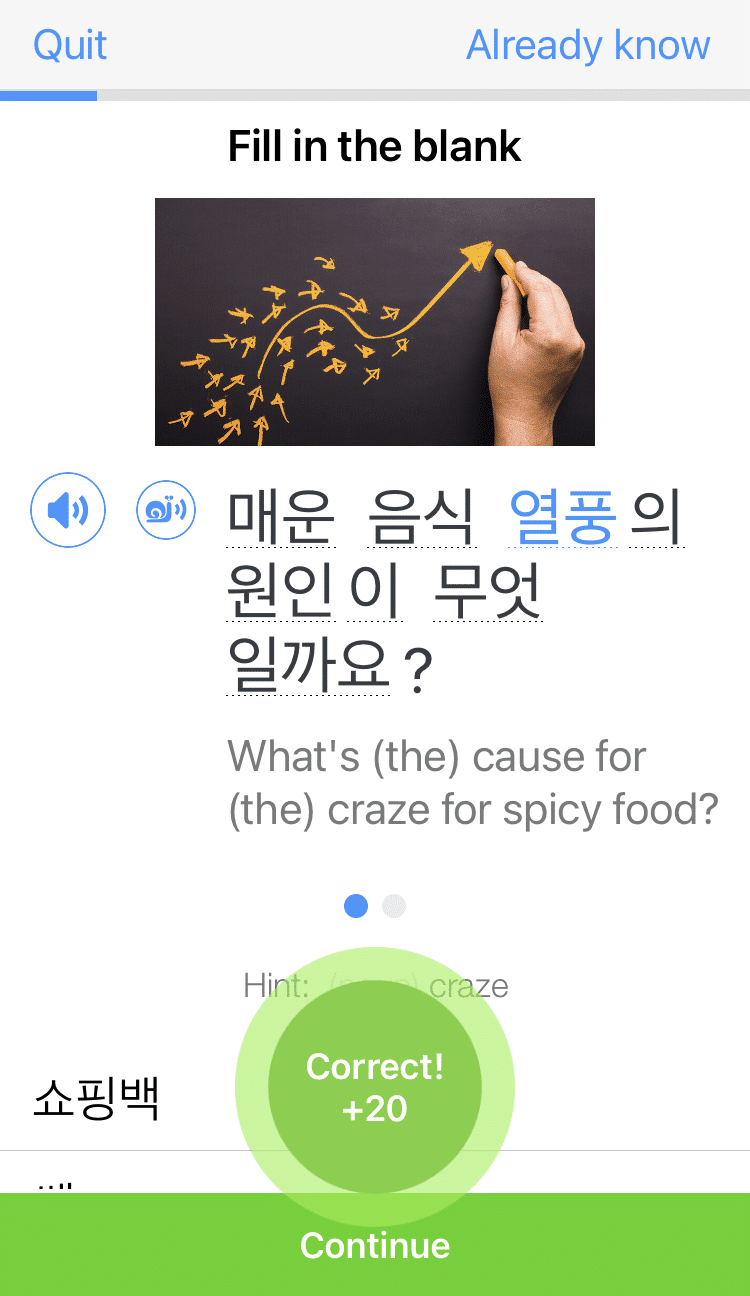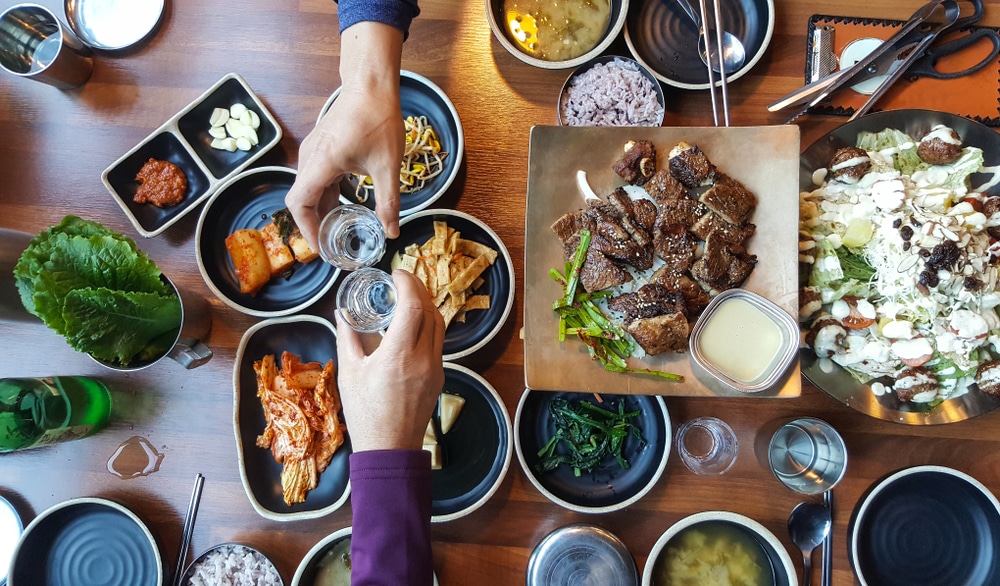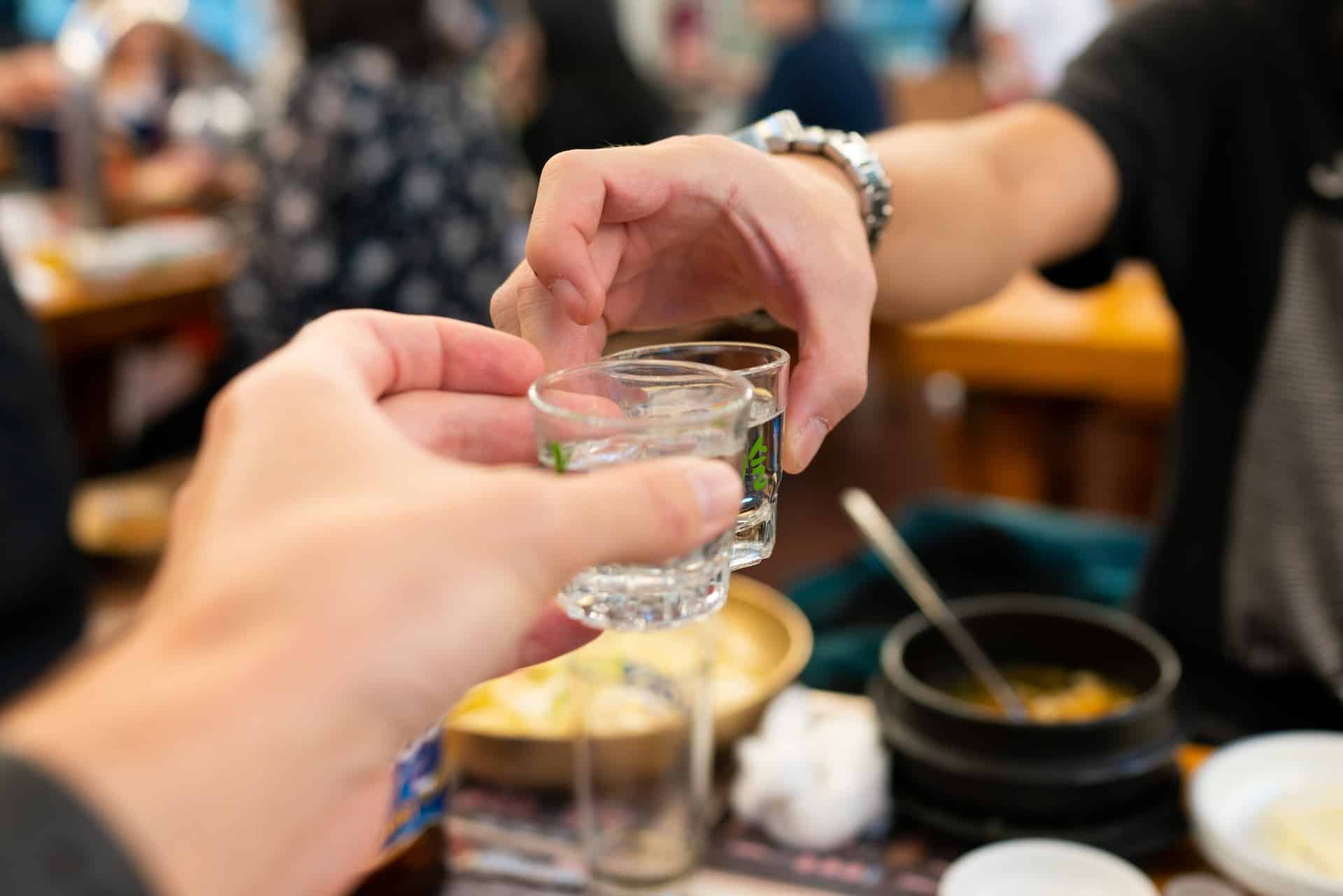
Cheers in Korean: 7 Ways to Make a Toast
Drinking is a big facet of Korean social culture.
For this reason, it’s a good idea to learn the many ways to say “cheers” in Korean. You never know the next time you’re going to be dragged into a drinking party.
So, here are some of the most popular expressions you can expect to hear and use.
Contents
Download: This blog post is available as a convenient and portable PDF that you can take anywhere. Click here to get a copy. (Download)
How to Say “Cheers” in Korean
1. 건배 — Cheers
Transliteration: geonbae
The classic and most frequently used Korean cheers. It’s derived from ganbei, the Chinese way of saying cheers. When more literally translated, 건배 means “empty/dry cup.” Normally, 건배 is just said by itself as an interjection.
우리 건강을 위하여 건배 (uri geongangeul wihayeo geonbae)! — To our health, cheers!
2. ____위하여 — For our sake____/To ____
Transliteration: wihayeo
A common way to toast to something specific. There’s no real rules with this: you can quite literally put anything before 위하여. Whatever you think is worthy of celebrating or protecting, raise your glass to it.
우리를 위하여 (urireul wihayeo) ! — To us
우아하고 아름다운 날을 위하여 (uahago areumdaun nareul wihayeo) ! — To elegance and beauty
3. 만사형통 — Let everything go well
Transliteration: mansahyeongtong
만사 (mansa) means “all situations” or “every matter,” while 형통 (hyeongtong) means “success” or “prosperity.” Together, you get an expression that broadly wishes good luck.
This is a good one to use when you just generally need success in most avenues of life. It’s also a safe choice when you’re a bit too tipsy to think of anything in particular to toast to.
올해는 모두 다 만사형통하기를 (olhaeneun modu da mansahyeongtonghagireul) — This year for everyone, let everything go well
4. 이기자 — Let’s win
Transliteration: igija
Whether it’s a professional sports game or a grueling Monday office workday, this rallying victory cry is sure to pump you up for whatever is looming in the horizon.
It doesn’t have to be a specific event either—you can just proclaim triumph on the overall hardships of life that you know linger outside the bar.
내일도 이기자 (naeildo igija) ! — Let’s win tomorrow!
5. 원샷 — One shot
Transliteration: wonsyat
Pretty self-explanatory. It’s just a Korean transliteration (Konglish) of the English “one shot.” This is a casual, informal way to bolster a group to down their drink in, expectedly, one gulp.
I advise you to be careful with this one: you don’t want to be too adventurous with how many shots you take.
우리 모두 원샷 (uri modu wonsyat) ! — Everybody one shot/bottoms up!
6. 적셔 — Get it wet/Chug
Transliteration: jeoksyeo
A relatively recent expression that’s commonly used by the younger folks. All it means is “to get wet / moisten”—in this case, make sure that drink is going in your mouth and down your throat.
적셔 is very casual in nature and more appropriate to use amongst friends.
오늘 밤 모두 다 적셔 (oneul bam modu da jeoksyeo) ! — Tonight, everybody chug!
7. 짠 — Clink
Transliteration: jjan
짠 is an interjection used much like “Tada!” but in the drinking scene, it works as a cute onomatopoeia representing the sound of glasses clinking together.
This one is also considered casual and informal. It’s one syllable, making it very easy to remember even if you’re feeling the effects of the happy juice.
여기 모인 사람 다 짠 (yeogi moin saram da jjan) ! — Everybody here, cheers/clink!
Korean Drinking Etiquette
Wait, isn’t drinking all about having fun and letting go of your inhibitions? Shouldn’t etiquette be the least of your concerns?
Not so in Korea, where there are rules and expectations to observe even when you’re drinking. Consider them a great reason to remain relatively sober.
Use both hands whenever you pour from the bottle or receive alcohol in your cup. It’s not just for practical reasons to avoid spilling. Holding with both hands shows respect and appreciation.
You don’t always have to use both palms—for example, it’s common for one hand to actually hold the bottle or cup, and the other to be touching the opposite arm’s elbow or wrist.
That being said, your goal isn’t to pour your own drinks: it’s to pour others’. To show humility and patience, you’ll be filling everyone’s glass, except your own.
No worries, someone else is expected to pour into your cup anytime it’s noticeably empty.
Above all, as is often the case in many Korean social contexts, you must respect your elders and seniors. They’ll be the first to receive and consume drinks.
You should also graciously accept any or most drinks that a senior pours for you, and offer thanks when you can. Waving away their offerings can be seen as disrespectful and unaccommodating.
As you drink, turn away from your seniors and cover your mouth. This is to show modesty—”drinking faces” aren’t the most comely of expressions. Direct eye contact is a bold move, and you should not try it on those who you deserve respect.
Avoid total inebriation. Sounds like common sense, but it can actually be very easy to get drunk from Korean alcohol because of how “cleanly” they go down your throat.
One cup can quickly become a dozen or more, all because you don’t immediately feel the loopy effects.
Korean Alcoholic Drinks
So what are Korean folks drinking at parties?
They won’t taste much like any Western alcohol you’re familiar with. Traditional Korean beverages have flavors quite unique to their native home.
Here are some of Korea’s beloved alcoholic drinks:
- 소주 (soju) — grain-based clear alcohol. Very versatile, can drink either clean or mixed.
- 청주 (cheongju) — refined rice wine
- 막걸리 (makgeolli) — sparkling rice wine with sweet notes
- 복분자주 (bokbunjaju) — wine made from the native Korean black raspberry. Notably bittersweet.
- 매실주 (maesilju) — wine made from Korean green plums
- 맥주 (maekju) — beer. Some favorite Korean brand beers are Cass, Hite and Kloud.
Hope this helps in not only improving your Korean language skills, but your Korean social skills as well.
Here’s a toast to your success, in Korean-related studies or otherwise. 건배!
If you enjoyed this post, you're already halfway to having the time of your life learning Korean with FluentU!
FluentU makes it possible to learn with K-pop videos, funny commercials, entertaining web series and more. Just a quick look will give you an idea of the variety of FluentU videos on offer:
FluentU really takes the grunt work out of learning languages, leaving you with nothing but engaging, effective and efficient learning. It's already hand-picked the best videos for you (which are organized by level and topic), so all you have to do is simply choose any video that strikes your fancy to get started.
Each word in the interactive captions comes with a definition, audio, image, example sentences and more.
Access a complete interactive transcript of every video under the Dialogue tab, and easily review words and phrases from the video under Vocab.
You can use FluentU’s unique Quiz Mode to learn the vocabulary and phrases from the video through fun questions.
FluentU keeps track of what you're learning, and tells you exactly when it's time for review, giving you a 100% personalized experience.
Review sessions use video context to help embed the words in your memory.
Start using the FluentU website on your computer or tablet or, better yet, download the FluentU app from the iTunes or Google Play store. Click here to take advantage of our current sale! (Expires at the end of this month.)
And One More Thing...
